People Who Need a Day to Recover After Being Social Usually Have These 16 Reasons
Needing a day to recover after a social event doesn’t make you antisocial, dramatic, or extra. It makes you self-aware. For some people, being social is like sipping a latte. For others? It’s more like running an emotional marathon in heels — smiling the whole way.
So if you find yourself totally drained after brunches, weddings, or even casual hangouts, you’re not alone — and there are real reasons behind it.
Maybe you’ve wondered why you need to cocoon yourself after a party while your friends are ready for round two. Or you’ve felt guilty about canceling plans the day after being social.
The truth is, your need for recovery time isn’t a weakness—it’s actually a sign you’re tuned into your emotional needs. Let’s explore why some of us need that sacred recovery day after socializing.
1. Social Battery Runs Out Fast
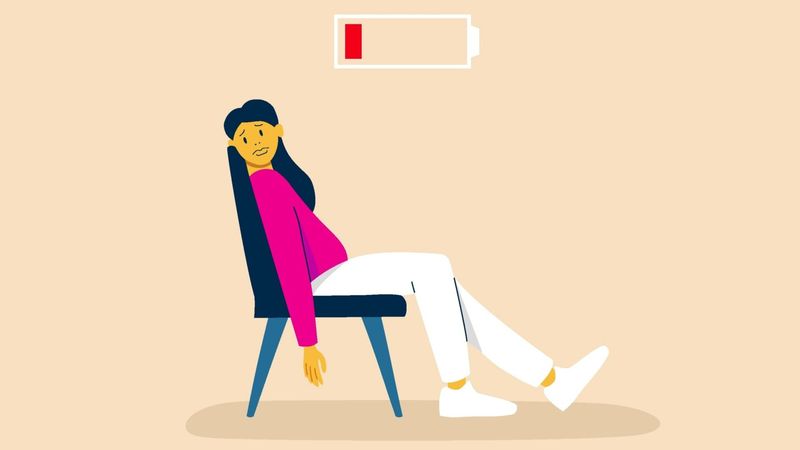
You know that moment when your phone hits 10% and suddenly everything becomes urgent? That’s exactly what happens to your social energy. One minute you’re laughing and sharing stories, the next you’re desperately searching for a quiet corner or plotting your escape route.
It’s not about disliking people. Your internal battery simply has less capacity than others. While some friends seem powered by perpetual motion machines, you’re running on a watch battery—efficient but limited.
The science backs this up too. Research suggests this difference isn’t imaginary—it’s biological. Your nervous system processes social stimulation differently, using more energy to handle the same interactions.
And just like you wouldn’t blame your phone for needing a charge, don’t blame yourself for needing downtime. Tomorrow, after some quality alone time, you’ll power back up—ready to engage again, just on your own timeline.
2. Empathy Overload
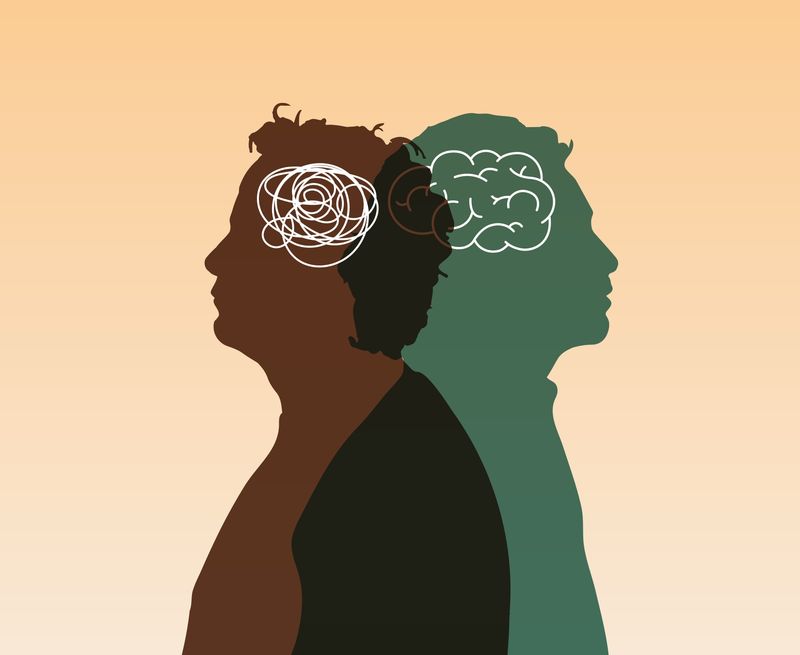
Walking through life as a highly empathetic person means you don’t just hear about someone’s bad day—you practically live it alongside them. Your friend’s breakup story? You’re feeling the heartache. Your coworker’s excitement about a promotion? Your heart races with joy too.
This emotional sponge quality creates beautiful connections but extracts a heavy toll. By the end of a dinner party, you’ve absorbed snippets of everyone’s emotional state—the good, the bad, and everything in between. It’s like carrying around multiple emotional backpacks that aren’t even yours.
Your brain literally works overtime during social gatherings, with mirror neurons firing constantly as you instinctively match the emotional states of those around you. This isn’t something you consciously control—it’s hardwired into your nervous system.
The day after socializing isn’t just about physical rest; it’s about emotional unloading. You need time to sort through which feelings belong to you and which ones you’ve unconsciously collected from others.
3. Small Talk Feels Like Emotional Cardio
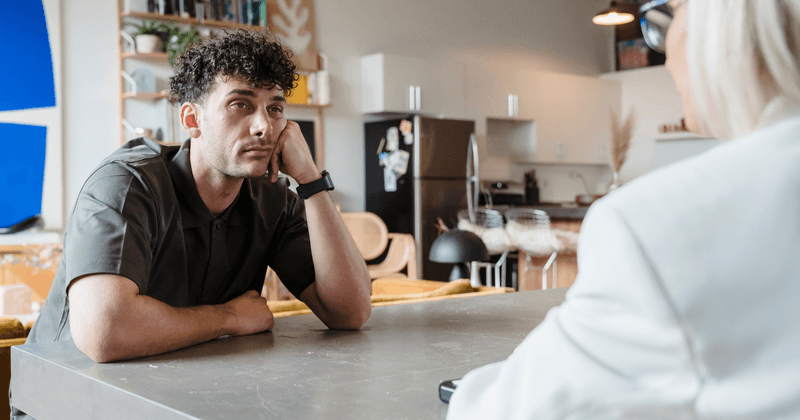
Ever noticed how your energy drains faster during conversations about the weather than during deep discussions about life? That’s because small talk requires a special kind of stamina. For you, discussing Dave’s new lawn mower or Susan’s kitchen renovation feels like running uphill while wearing ankle weights.
You’re nodding, smiling, and generating appropriate responses while your brain screams for something—anything—with substance. The cognitive dissonance between your outer performance and inner boredom creates genuine mental fatigue.
Small talk also forces you to suppress your natural conversational instincts. You might crave depth, honesty, or meaningful exchange, but social norms often demand surface-level pleasantries instead. This constant self-editing—stopping yourself from asking the real questions or sharing authentic thoughts—is exhausting.
By the time you get home, your social muscles feel as worked as if you’d run a 10K. The recovery day isn’t laziness; it’s necessary rest after performing a kind of emotional exercise that doesn’t come naturally to you.
4. Constant Room-Reading

Long before anyone else notices the tension between the couple in the corner or catches the flash of hurt on someone’s face after a careless comment, you’ve already spotted it, processed it, and feel responsible for somehow fixing it. Your radar never stops scanning.
This hypervigilance isn’t a party trick—it’s an exhausting background process running constantly. While others enjoy the flow of conversation, you’re simultaneously tracking subtle shifts in tone, analyzing facial micro-expressions, and mentally recording who hasn’t spoken in a while.
Neuroscience explains why this is so tiring: your brain is literally processing more information per second than the average person. You’re not just hearing words but reading an entire emotional landscape. This heightened awareness has its benefits—you’re probably the friend everyone trusts with their secrets or turns to for advice.
But that sensitivity comes with a cost. After hours of absorbing all this unspoken information, your brain needs serious downtime to process and reset—hence that recovery day when all you want is silence and solitude.
5. Masked Anxiety Experts
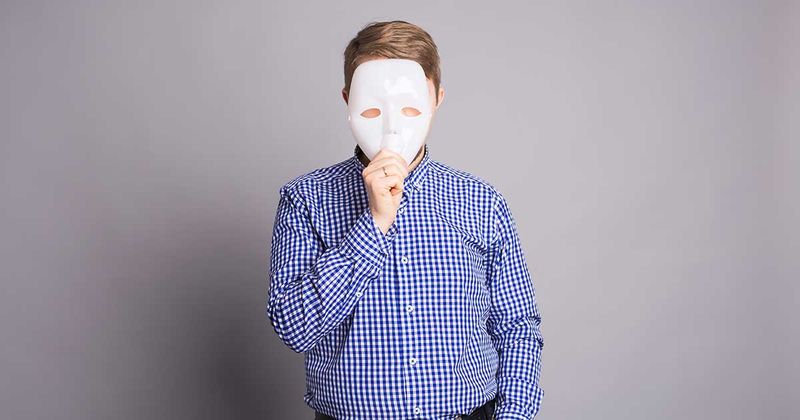
Nobody would ever guess that beneath your confident smile and easy laughter, your mind is racing with worries. “Is my laugh too loud? Did I interrupt too much? Should I have asked more questions?” The Oscar-worthy performance you give hides the storm of anxiety underneath.
This constant gap between your internal experience and external presentation creates cognitive dissonance that drains your mental resources. You’re essentially running two parallel processes: the social interaction itself and the anxious monitoring of your performance in that interaction.
The stress hormone cortisol floods your system during these episodes of masked anxiety, leaving your body physically depleted after social events. Your friends see someone who handled the party like a pro, never realizing the toll it took.
This is why the day after feels like recovering from an illness—in many ways, your body is processing a genuine stress response. Your recovery day isn’t about being dramatic; it’s a physiological necessity after hours of your nervous system being on high alert.
6. Craving Depth, Drowning in Shallow

You sit through hours of conversation about Netflix shows and vacation plans, nodding politely while a part of your soul slowly withers. It’s not that you dislike fun topics—it’s that small talk feels like eating cotton candy when you’re starving for a proper meal.
Your brain lights up when discussions venture into meaningful territory—personal growth, emotional struggles, philosophical questions, creative ideas. These conversations energize rather than drain you. But most social settings default to light banter, leaving you nutritionally deprived in a social sense.
The mismatch between your conversational needs and typical social offerings creates a unique kind of exhaustion. You’re spending energy trying to find value in exchanges that don’t naturally nourish you. By the time you get home, you feel both overstimulated and emotionally undernourished.
Your recovery day often involves seeking quality input that actually feeds your mind—books, thoughtful podcasts, or conversations with the few people who speak your language of depth. It’s not recuperation from people; it’s recuperation from emptiness masquerading as connection.
7. The Unofficial Emotional Host

Without even trying, you’ve become the designated emotional caretaker in most social situations. Friends naturally gravitate toward you with their problems, seeking your advice or simply a compassionate ear. You notice when someone feels left out and magically appear beside them, making sure everyone feels included.
This unofficial role comes naturally because you genuinely care, but it transforms social events from relaxation into unpaid therapy work. While others enjoy themselves, you’re busy making sure Jane isn’t feeling awkward after her comment fell flat or checking if Mike is doing okay after his recent job loss.
The emotional labor goes largely unnoticed because you make it look effortless. Nobody realizes you’re constantly scanning for discomfort to soothe or tensions to diffuse. By the end of the night, you’ve essentially worked a full shift as a counselor, mediator, and cheerleader combined.
Your recovery day isn’t self-indulgence—it’s necessary decompression after hours of carrying others’ emotional needs. Next time someone questions your need for downtime, remember: emotional work is real work, even when it doesn’t come with a paycheck.
8. Secret Introvert Alert

“But you’re so good with people!” they say, completely baffled when you mention needing alone time. What they don’t understand is that being skilled socially has nothing to do with how draining you find it. You’re what psychologists call an “ambivert with introvert recovery needs”—capable of brilliant social performance but requiring solitude to recharge.
Your social abilities might even work against you. Because you can charm a room when necessary, people assume you’re energized by these interactions rather than depleted by them. They mistake skill for preference.
The science explains this perfectly: introversion isn’t about social ability but about where you draw your energy from. Your nervous system literally processes social stimulation differently, with more activity in regions responsible for internal processing rather than external rewards.
This biological reality means crowded restaurants, parties, or even lengthy video calls create an energy deficit that only solitude can replenish.
9. People-Pleasing Recovery Program
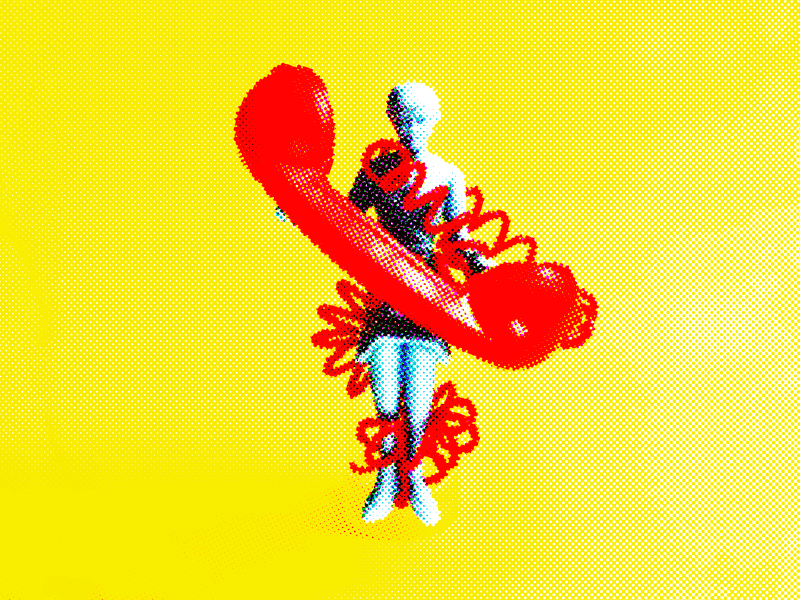
Remember when you’d say yes to everything? Three parties in one weekend? Sure! Help plan the office birthday while hosting your in-laws? Of course! Those days taught you a painful lesson about your limits—one you’re still healing from.
Now you recognize the warning signs: the tightness in your chest when you’ve overcommitted, the resentment bubbling up when you’ve ignored your needs. Your recovery day isn’t just about physical rest—it’s a radical act of self-respect after years of putting yourself last.
Former people-pleasers often need more pronounced boundaries because they’re relearning how to listen to their own needs. The exhaustion after socializing hits harder because you’re not just processing the event itself but also practicing the still-uncomfortable art of honoring your limits.
Each time you allow yourself that recovery day without guilt, you’re reinforcing a crucial message to yourself: your wellbeing matters. What looks like antisocial behavior to others is actually profound self-care—the kind that prevents you from slipping back into patterns that once left you completely burned out.
10. The Social Performance Pressure
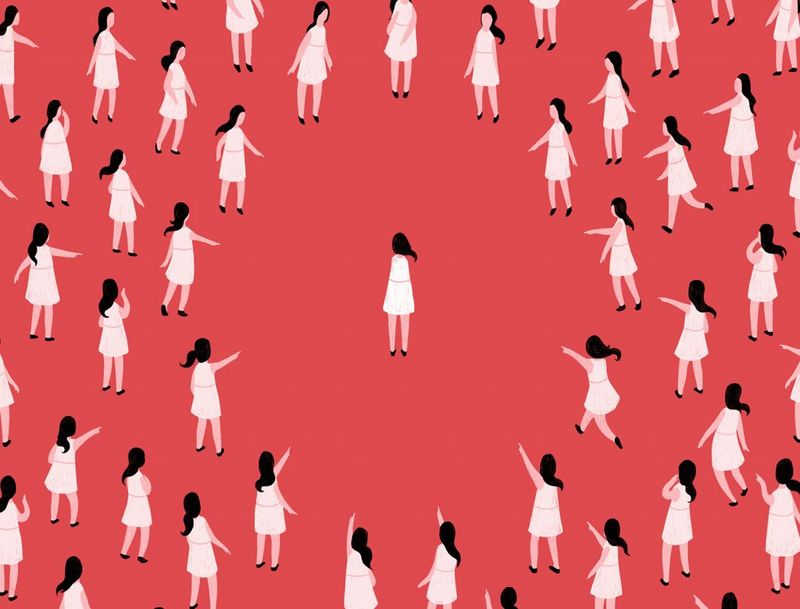
For you, social gatherings feel less like casual hangouts and more like improv performances where you’re constantly on stage. You monitor your laugh (too loud?), your stories (too long?), your questions (too many?), creating a running self-evaluation that would exhaust even professional actors.
This isn’t ordinary self-consciousness—it’s a second full-time job running alongside the actual socializing. You’re simultaneously participating in conversations while directing and critiquing your own performance. No wonder you’re wiped out afterward!
The roots often trace back to early experiences where you learned that your natural self wasn’t quite right—too much, too sensitive, too quiet, too loud. So you developed this elaborate internal monitoring system. Your recovery day is when you can finally stop performing and just exist without evaluation.
Learning to quiet this inner critic might eventually reduce your recovery needs, but until then, that day of sweatpants and zero social expectations is non-negotiable self-care.
11. Sensory Overload Survivors

The background music that nobody else seems to notice? It’s practically screaming in your ears. The overlapping conversations, clanking silverware, flickering lights, and someone’s strong perfume create a sensory tsunami that crashes over you while others surf it effortlessly.
Your nervous system processes sensory information more intensely and with less filtering than most. This heightened sensitivity—often called sensory processing sensitivity—affects about 15-20% of the population. It’s not a disorder but a neurological difference that can be both a gift and a challenge.
By the time you leave a restaurant or party, your brain has been working overtime to manage this sensory bombardment. What others experience as pleasant background stimuli, you process as significant input requiring attention.
This explains why you might feel physically ill after prolonged exposure to environments with multiple sensory streams. Far from being dramatic, your need for a quiet, controlled environment afterward is a legitimate physiological requirement—as real as someone with motion sickness needing solid ground after a boat ride.
12. The Post-Social Mental Replay Loop
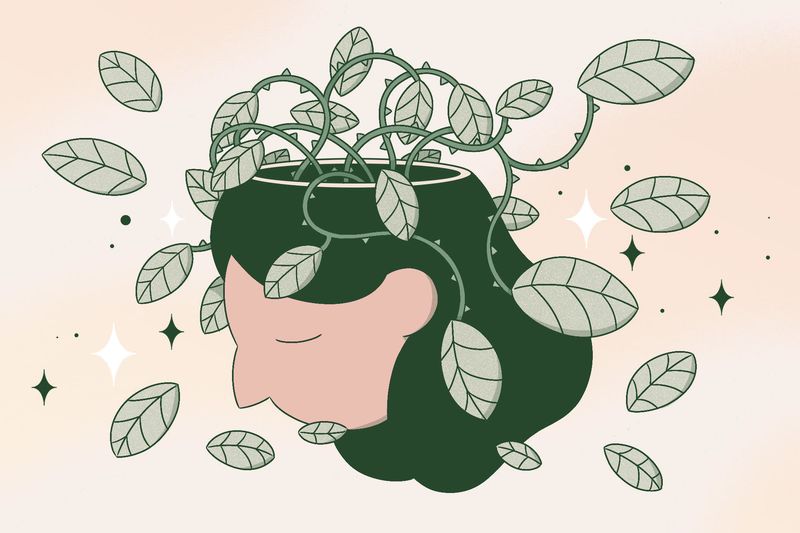
Long after everyone else has moved on from yesterday’s gathering, you’re still mentally reviewing every interaction, analyzing each comment, and second-guessing your contributions. “Did I talk too much about my project? Was my joke about the cat inappropriate? Why did Sarah give me that look when I mentioned her brother?”
This post-social analysis isn’t just passing thoughts—it’s an exhausting mental documentary complete with slow-motion replays and alternative endings. Your brain treats casual remarks as evidence in a trial where you’re both defendant and prosecutor.
Neuroscience helps explain this tendency: people who need recovery time often have more active anterior cingulate cortexes—the brain region involved in error detection and rumination. What feels like overthinking is actually your brain’s heightened error-detection system working overtime.
Eventually, the mental replay fades, allowing you to finally relax. Next time you need a day to decompress, remember: you’re not being antisocial—you’re just waiting for your internal fact-checker to finish its report.
13. Different Recharging Requirements
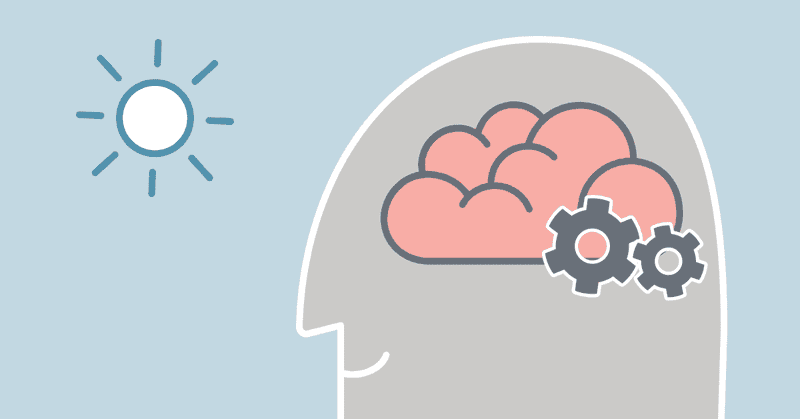
That friend who leaves parties more energized than when they arrived? They’re experiencing a fundamentally different biological reaction than you are. While social butterflies get a dopamine boost from group settings, you experience a gradual depletion of the same neurochemicals.
This isn’t a personality flaw—it’s a hardwired difference in how human nervous systems respond to stimulation. Some people are simply built to draw energy from external sources (extroversion), while others generate energy internally and spend it during social contact (introversion).
The science is clear: these differences appear on brain scans, showing varied activity in the reward centers and arousal pathways. Your need for recovery isn’t weakness or antisocial behavior—it’s respecting your biological wiring.
Just as you wouldn’t expect a diesel engine to run on regular gasoline, you can’t expect your system to operate like an extrovert’s. You’re not broken—you’re just running on a different fuel system that requires regular refilling through solitude.
14. Quality Over Quantity Socializer

When you show up, you REALLY show up. Unlike those who can coast through gatherings on autopilot, you bring your full attention and genuine presence to every interaction. You listen intently, engage thoughtfully, and connect authentically—which consumes significantly more mental resources than surface-level participation.
This high-quality social engagement comes at a price. By the end of the night, you’ve spent your energy reserves actually connecting rather than just appearing connected. The difference is similar to the exhaustion after a meaningful heart-to-heart versus the mild fatigue after small talk.
Your friends might not realize they’re getting your premium version—the one who remembers details from past conversations, notices subtle shifts in their mood, and creates space for real connection. While they appreciate this quality, they may not understand its cost.
Far from a weakness, this need for recovery actually signals your commitment to genuine connection. You could choose to engage more superficially and need less downtime—but that wouldn’t honor your values around authentic relationship.
15. Healing Hearts Need Extra Rest
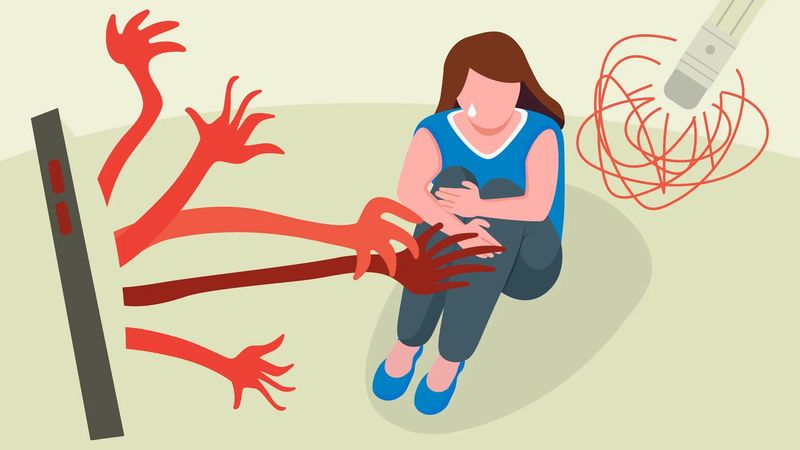
Sometimes your need for recovery has less to do with the current social event and more to do with what you’re carrying into it. Trauma, grief, chronic stress, or major life transitions create an underlying energy deficit that makes normal social interactions unexpectedly draining.
When you’re already using significant resources to manage anxiety, process grief, or navigate uncertainty, even enjoyable gatherings can deplete your remaining reserves. It’s like trying to run a marathon when you’re already tired from a morning jog—your starting point is different.
This healing-related fatigue often fluctuates, making it confusing both to you and others. Last month you handled three events in a weekend, but now a simple dinner leaves you exhausted. The difference isn’t the events—it’s your available capacity.
Sometimes the most productive thing you can do for your healing process is absolutely nothing—giving your system the quiet space it needs to continue its important background work.
16. Solitude Enthusiasts, Not Loners

Society often portrays alone time as something sad or lacking—what you do when you can’t find company. But for you, solitude is the main event, not the consolation prize. You actively look forward to those peaceful hours of reading, thinking, creating, or simply existing without performance or obligation.
Your appreciation for solitude isn’t a rejection of others but a celebration of the rich internal world you access when external demands quiet down. This quality time with yourself allows for deeper thought, creative connections, and emotional processing that constant interaction doesn’t permit.
Psychologists distinguish between loneliness (an unwanted state of isolation) and solitude (a chosen, nourishing experience of being alone). Your recovery day falls firmly in the latter category—it’s not about what you’re avoiding but what you’re embracing.
Instead of seeing your need for recovery as a limitation, consider reframing it: you’re not someone who “can’t handle” much socializing—you’re someone who values both connection AND meaningful solitude, making space for both in a balanced life.







